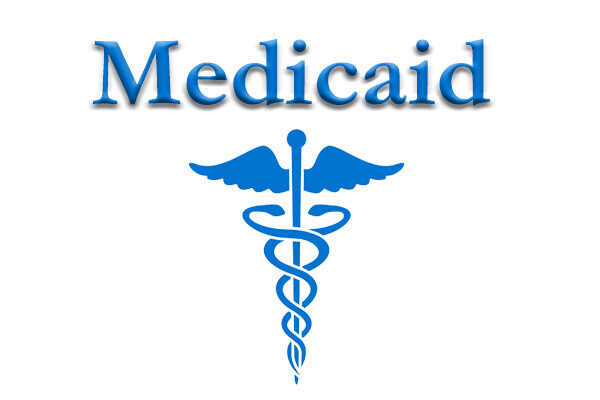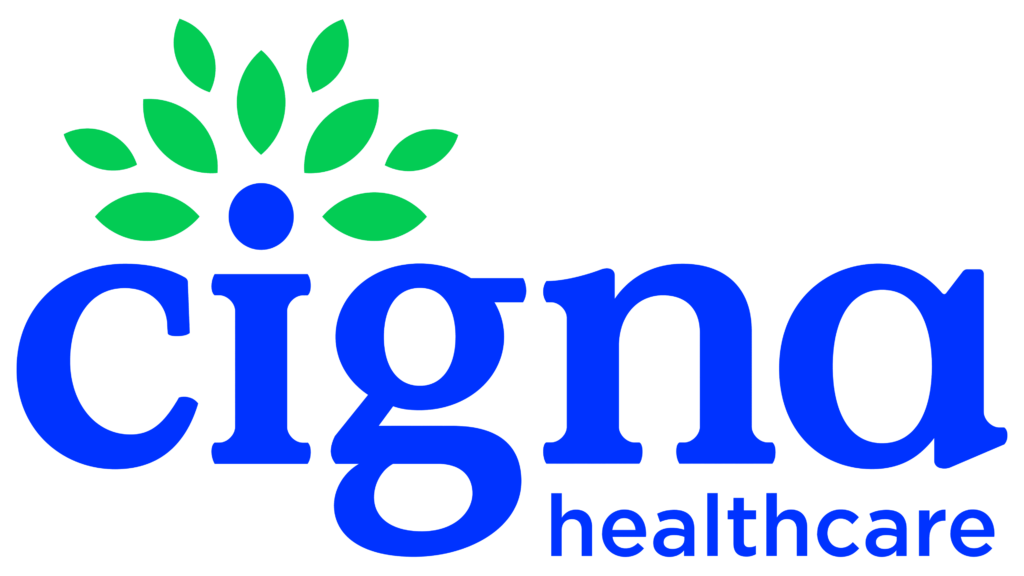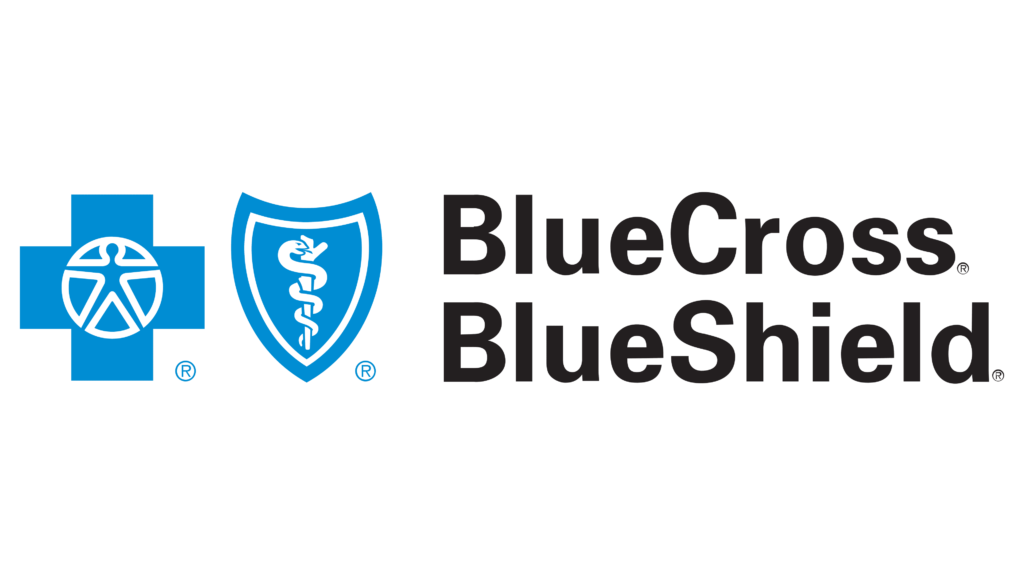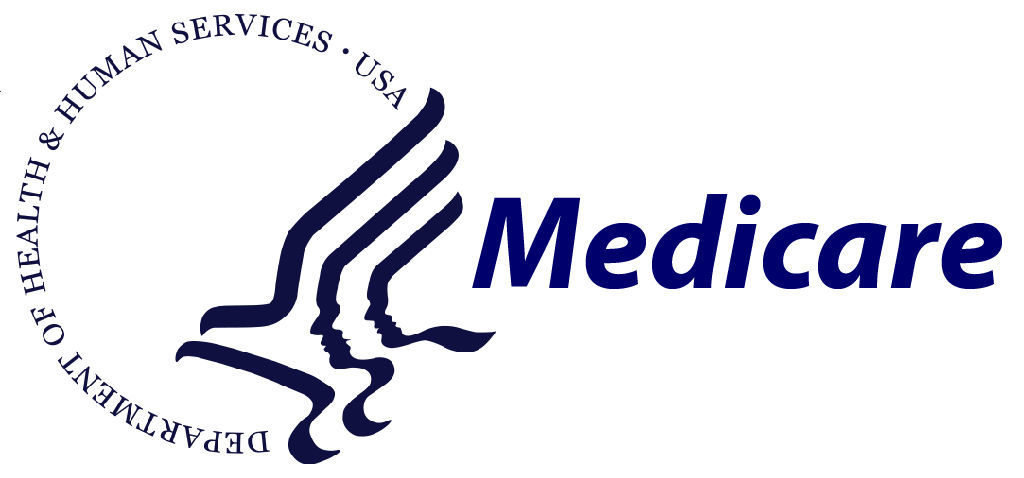Depression Treatment in Florida
At One Stop Psychiatry Clinic, We understand that asking for help can be a tough step to take. As a result, we have created a welcoming environment where every patient is given consideration and respect. Our mission is to guide you on a path to recovery, helping you rediscover joy and building a strong foundation for long-lasting mental health, whether you’re in Fort Lauderdale, Palm Beach Gardens, or Miramar, Florida.
Join us to start your healing journey. Your health is our top priority at One Stop Psychiatry Clinic, and we’re here to help you find the strength and happiness you’ve been searching for.
- Book An Appointment Within 24 Hours
- Meet Your Expert Provider
- Medication Management & Ongoing Therapy
What is
Depression?
Depression is a common mental health condition that causes a persistent feeling of sadness and changes in how you think, sleep, eat and act. There are several different types. Depression is treatable — usually with talk therapy, medication or both. Seeking medical help as soon as you have symptoms is essential. Depression can get worse and last longer if it is not treated.
Common Symptoms of Depression
Persistent sadness or anxiety
Hopelessness or negative outlook
Increased irritability
Feelings of guilt or worthlessness
Loss of interest in hobbies or activities
Low energy or constant fatigue
Difficulty concentrating or making decisions
Sleep problems (too much or too little)
Appetite or weight changes
Suicidal thoughts or attempts
Unexplained physical pain or digestive issues
Types of Depression
We address a broad spectrum of depressive disorders At One Stop Psychiatry clinic, each characterized by unique symptoms and challenges. Here are some of the most prevalent types of depression that we encounter and treat:
Major Depressive Disorder (MDD)
A diagnosis of major depressive disorder also known as clinical depression means you’ve felt sad, low or worthless most days for at least two weeks while also having other symptoms such as sleep problems, loss of interest in activities or change in appetite. This is the most severe and most common form of depression. Medication, therapy, and lifestyle changes may improve depression
Persistent Depressive Disorder (Dysthymia)
Dysthymia is a long-lasting type of depression characterized by a persistent low mood that lasts for the majority of the day, occurring more days than not, for a minimum of two years. Although the symptoms are generally milder than those of major depression, the chronic aspect necessitates a thorough and continuous treatment strategy.
Seasonal Affective Disorder (SAD)
Postpartum Depression
Atypical depression
Atypical depression is defined in the DSM-IV as depression (such as overeating, sleeping too much, or extreme sensitivity to rejection) that shares many of the typical symptoms of major depressive disorder or dysthymia, but is characterized by improved mood in response to positive events.
People with bipolar disorder also experience episodes of depression in addition to manic or hypomanic episodes.
How to Diagnose Depression?
Healthcare professionals assess depression by thoroughly evaluating your symptoms, medical background, and mental health history. They might identify a particular type of depression, like seasonal affective disorder or postpartum depression, depending on the context of your symptoms.
In order to be diagnosed with depression, you need to exhibit five depressive symptoms daily, for most of the day, over a minimum period of two weeks.
Healthcare provider may request medical examinations, including blood tests, to determine if any underlying health issues are contributing to your depressive symptoms.
How Is Depression Treated?
Depression is actually one of the most treatable mental health conditions out there. In fact, between 70% and 90% of people dealing with depression find that treatment works for them in the end.
To figure out if someone has depression, a healthcare provider will carry out a thorough diagnostic evaluation. This usually includes a detailed interview where you can talk about your symptoms, as well as your personal, medical, and family histories. They’ll also do a physical exam to rule out any underlying health issues that might mimic depression, like hormonal imbalances, vitamin deficiencies, neurological disorders, or substance use. Sometimes, lab tests and imaging might be needed as part of the assessment. The healthcare professional will take all these factors into account when diagnosing and crafting a personalized treatment plan.
Treatment options for Depression:
Our Depression treatment plans are tailored specifically to your needs. We integrate clinical knowledge with empathetic support to lead you towards enduring relief.
- Psychotherapy: Psychotherapy (talk therapy) involves talking with a mental health professional. Your therapist helps you identify and change unhealthy emotions, thoughts and behaviors. There are many types of psychotherapy — cognitive behavioral therapy (CBT) is the most common. Sometimes, brief therapy is all you need. Other people continue therapy for several months or years.
- Medication: Prescription medicine called antidepressants can help change the brain chemistry that causes depression. There are several different types of antidepressants, and it may take time to figure out the one that’s best for you. Some antidepressants have side effects, which often improve with time. If they don’t, talk to your healthcare provider. A different medication may work better for you.
- Complementary medicine: This involves treatments you may receive along with traditional Western medicine. People with mild depression or ongoing symptoms can improve their well-being with therapies such as acupuncture, massage, hypnosis and biofeedback.
- Brain stimulation therapy: Brain stimulation therapy can help people who have severe depression or depression with psychosis. Types of brain stimulation therapy include electroconvulsive therapy (ECT), transcranial magnetic stimulation (TMS) and vagus nerve stimulation (VNS).
When to See a Psychiatrist: Signs You Shouldn’t Ignore
Sometimes we ignore the symptoms of depression because we believe they are a natural part of life or that we will “snap out of.” You may attribute your persistent fatigue or irritability to stress or a hectic schedule. However, these emotions might be signs of something more serious.
Here are some indicators that it might be time to speak with someone if you’ve been wondering:
You no longer find pleasure in the things you once did.
You are depressed or unable to see the future.
You’re sleeping too much or too little.
Your appetite has significantly changed.
You’re tense, agitated, or nervous.
Suicidial thoughts
You’re using drugs or alcohol as a coping mechanism.
You don’t have to go through this alone, so if any of this sounds familiar, know that you’re not alone. Our mental health specialists can be a potent first step toward recovery. Real healing can start as soon as you reach out At One Stop Psychiatry.
Depression Treatment with One Stop Psychiatry
Depression is one of the most prevalent mental health issues that people today deal with, so if you’re experiencing it, know that you’re not alone. Our experts clinicians and board-certified psychiatrists at One Stop Psychiatry are available to help you on your path to improved mental health. We offer individualized approach for depression treatment that may include medication, lifestyle modifications, talk therapy, or even Transcranial Magnetic Stimulation (TMS), depending on what is most effective for you.
We begin with a thorough psychiatric evaluation when you seek our services for depression treatment in Florida. This entails evaluating your emotional state, mental health history, and thought and behavior patterns. Your provider will use this information to create a treatment plan that is specific to your goals, symptoms, and way of life.
We offer both In-Person Depression Treatment or Telemedicine(Online Treatment) according to your needs.
In-Person Depression Treatment
We offer In-Person Treatment for depression for those who prefer face-to-face care, we provide outpatient psychiatric services at our conveniently located offices in Fort Lauderdale, Palm Beach Gardens, and Miramar, Florida. Meeting with your provider in person allows for direct connection and may help some individuals feel more focused and supported in a professional environment.
Online Depression Treatment (Telepsychiatry)
We also provide virtual therapy sessions to treat depression. If visiting in person isn’t ideal, our telehealth services allow you to receive expert care from the comfort of your home. Through secure, live video sessions, you’ll work with your psychiatrist or therapist just as you would in the office. Telepsychiatry is proven to be just as effective and offers added flexibility for busy schedules or those with limited access to local services.
Start Your Recovery Journey Today!
You don’t have to face depression by yourself. Whether you choose to receive care at our Florida clinics or prefer virtual appointments from the comfort of your home, One Stop Psychiatry is here to help you reclaim your mental health.
Call us today at: Ph: (754) 270-6322









To Answer your questions
How do i know if i am feeling Depressed?
Depression is more than just feeling sad. It’s a real, serious medical condition that causes feelings of hopelessness, sadness, and despair. It can lead to physical problems, too. People with depression may have trouble sleeping, eating, or concentrating. They may feel like they can’t go on living or that life isn’t worth living.
The symptoms of depression can be different for each person. Some people have only a few symptoms, while others have many. Some people may only feel down for a short time, while others may feel down for months at a time. But there are treatments that can help people with depression feel better.
What type of depression treatments do you provide?
There are a number of different treatments for depression, which can be broadly divided into two categories: psychological therapies and medication.
Psychological therapies aim to help the person understand and manage their condition, while medication aims to alleviate the symptoms of depression by altering brain chemistry.
The most common psychological therapy for depression treatment is cognitive behavioural therapy (CBT), which teaches people to recognise and change negative thinking patterns.
Other types of psychological therapies include interpersonal therapy, which focuses on relationships; problem-solving therapy, which helps people to find practical solutions to problems; and psychodynamic therapy, which explores the role of past experiences in present difficulties.
Medication for depression treatment is typically antidepressants, which work by increasing levels of certain chemicals in the brain known as neurotransmitters.
There are a variety of different antidepressants available, and the type that is prescribed will depend on the individual’s specific situation.
Electroconvulsive therapy (ECT) is another treatment option for depression, particularly when other treatments have been unsuccessful. ECT involves passing electrical currents through the brain to induce a seizure, which is thought to have a beneficial effect on mood.
Can Your Doctors Prescribe Medication?
We are able to prescribe a range of medications on a patient basis to aid in their recovery from a disorder.
Does Your Clinic Accept Insurance?
Yes we accept many insurance plans, including Medicare, Cigna & Medicaid to name a few. Alternatively we also have the option of affordable, sliding scale cash plans.
Do you treat any other type of mental health disorder?
Of course! The One-Stop Psychiatric Clinic has a team of psychiatrists, clinicians, and therapists that provide consistent care with tailor-fit treatments to suit your needs. No matter how you are feeling, we will help you!
